Envision you're standing at a crossroads, with various paths representing the people and institutions you could trust. Each choice carries its own risks and rewards, much like investing in a financial endeavor. By placing your faith wisely, you not only safeguard your interests but also pave the way for deeper connections and growth. However, how do you discern which paths lead to prosperity and which might lead you astray? Understanding the dynamics of trust can greatly impact your path, and the next steps you take could alter your course entirely.
Key Takeaways
- Assess the credibility and track record of individuals or organizations before placing your trust in them.
- Foster open communication to ensure clarity and mutual understanding in relationships and partnerships.
- Seek professional guidance from experienced advisors to make informed financial and investment decisions.
- Build trust gradually through consistent actions and reliability over time in both personal and professional relationships.
- Diversify your trust by evaluating multiple sources and perspectives, reducing the risk of misplaced faith.
Understanding Financial Dynamics

How well do you understand the financial dynamics that influence your investment choices? Enhancing your financial literacy is vital for developing effective investment strategies.
By grasping how different financial products work, you can avoid the pitfalls of trusting salespeople who prioritize their interests. As you navigate the investment landscape, remember that knowledge strengthens you.
Understanding market trends, asset classes, and the importance of diversification can greatly impact your financial outcomes. It's important to question default advice that leans towards benefiting brokers rather than you, the investor.
Take ownership of your financial education. Equip yourself with the tools to analyze your options critically, and don't hesitate to seek guidance when needed. Your financial future depends on the decisions you make today.
Embracing Passive Income Strategies
While many people strive for financial stability through their active careers, embracing passive income strategies can be a game changer.
By focusing on generating passive income, you can create a steady cash flow that replaces your reliance on a paycheck. This means investing in assets like real estate, dividend stocks, or even creating online courses.
These investment strategies not only build wealth but also free up your time, allowing you to pursue passions outside of work. Instead of worrying about daily expenses, you can focus on long-term financial goals.
The Role of Professional Guidance

As you build your passive income strategies, seeking professional guidance can greatly enhance your financial path.
Experienced financial planners can help you navigate complex investment landscapes, ensuring your strategies align with your goals. They provide tailored investment advice, allowing you to make informed decisions that fit your unique situation.
By collaborating with professionals, you gain insights into effective financial planning, which can prevent costly mistakes and maximize your returns. Furthermore, these experts can introduce you to diverse opportunities that you may not have considered.
Investing time in finding the right guidance is essential; it's an investment in your financial future. Remember, wise decisions today pave the way for financial freedom tomorrow.
Building Trust in Relationships
Trust is an essential component in any relationship, whether personal or professional, because it lays the foundation for open communication and mutual respect.
To build trust, you need effective communication; express your thoughts clearly and listen actively. When you share your feelings or concerns, you're showing vulnerability acceptance, which deepens connections. People are more likely to trust you when they see you're willing to be open and honest.
Consistency matters too—follow through on your promises and be reliable. These actions create a safe space where trust can flourish.
Challenges to Trust in Leadership

Leaders face numerous challenges in maintaining trust within their teams, especially when transparency is lacking. Trust erosion often occurs when decisions seem hidden or when leaders fail to communicate openly.
You need to recognize that leadership integrity is essential in building and sustaining trust. If leaders act inconsistently or fail to uphold their promises, team members may feel disillusioned and disconnected.
Additionally, external factors like misinformation can complicate this dynamic, making it harder for you to place your faith in leadership.
Remember, trust isn't just given; it's earned through consistent actions and clear communication. To cultivate a trusting environment, prioritize transparency, show accountability, and demonstrate unwavering integrity in your leadership approach.
That's how you can combat trust erosion effectively.
Rebuilding Faith and Trust
Erosion of trust can leave teams feeling fragmented and uncertain, making the path to rebuild it even more challenging. To initiate trust recovery, start by encouraging open communication. Encourage team members to share their concerns and ideas, creating an environment of transparency.
Next, demonstrate consistency in your actions—follow through on promises and commitments. This reliability lays the groundwork for faith restoration. Additionally, practice vulnerability; sharing your own struggles can humanize leadership and invite deeper connections.
Finally, celebrate small wins together, reinforcing the idea that trust can be rebuilt over time. Remember, patience is key, as rebuilding faith and trust requires persistent effort, but the results can lead to a stronger, more cohesive team dynamic.
Frequently Asked Questions
How Can I Identify Trustworthy Financial Advisors?
To identify trustworthy financial advisors, verify their credentials through regulatory bodies and check client testimonials. Look for consistent positive feedback and guarantee they prioritize your needs over personal gain to build a reliable partnership.
What Are Common Signs of a Toxic Relationship?
In a toxic relationship, you'll notice emotional manipulation, constant criticism, and controlling behavior. Poor communication, boundary violations, jealousy issues, and gaslighting tendencies erode trust, leaving you feeling unsupported and confused about your self-worth.
How Does Financial Education Impact Trust in Advisors?
Like a lighthouse guiding ships, financial literacy illuminates advisor ethics. When you understand financial concepts, you're better equipped to evaluate trustworthiness, ensuring your investments align with your goals and avoiding pitfalls created by unscrupulous advisors.
What Role Does Intuition Play in Decision-Making?
Intuition plays an essential role in your decision-making process. It helps you assess situations quickly, guiding you toward choices that feel right. Trusting your instincts can enhance your confidence and improve overall outcomes in various scenarios.
How Can I Overcome Skepticism in New Relationships?
Overcoming skepticism in new relationships feels like scaling Everest, but you can do it. Focus on building trust through open communication and managing expectations. Give yourself the opportunity to see the relationship unfold naturally.
Conclusion
In today's complex world, placing your faith and trust wisely can greatly impact your life. Did you know that 70% of people say trust is the most important factor in their relationships? By evaluating the integrity of those around you, you can build strong connections and protect yourself from potential exploitation. Whether in finances or personal relationships, prioritizing trust lays the foundation for personal growth and success. So, stay vigilant and choose wisely—your future self will thank you.


